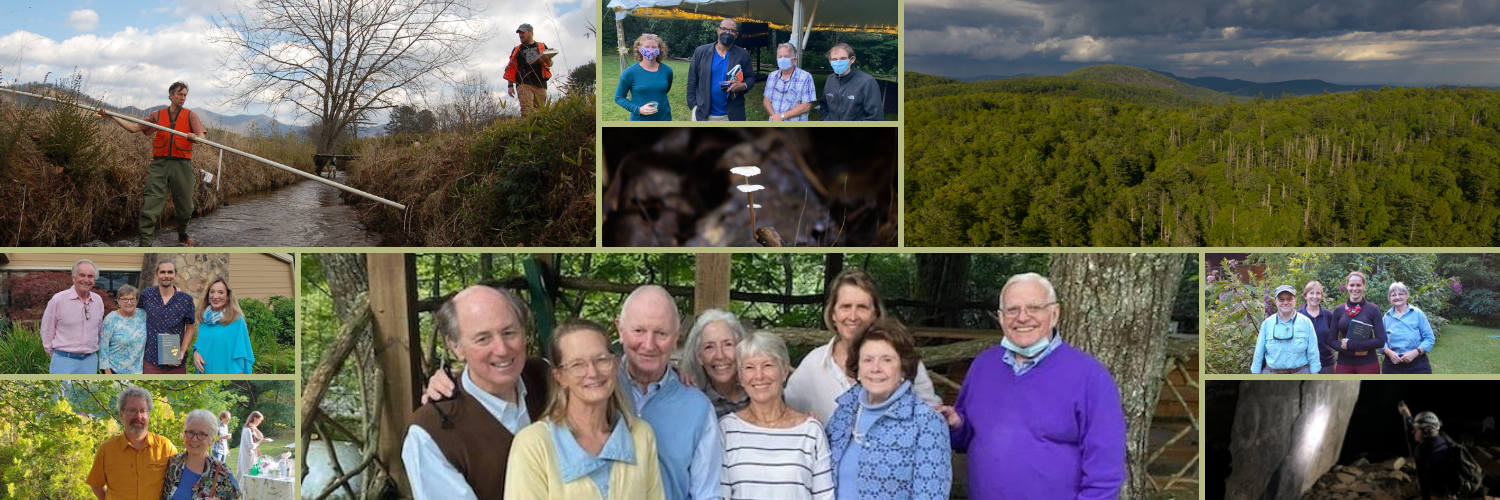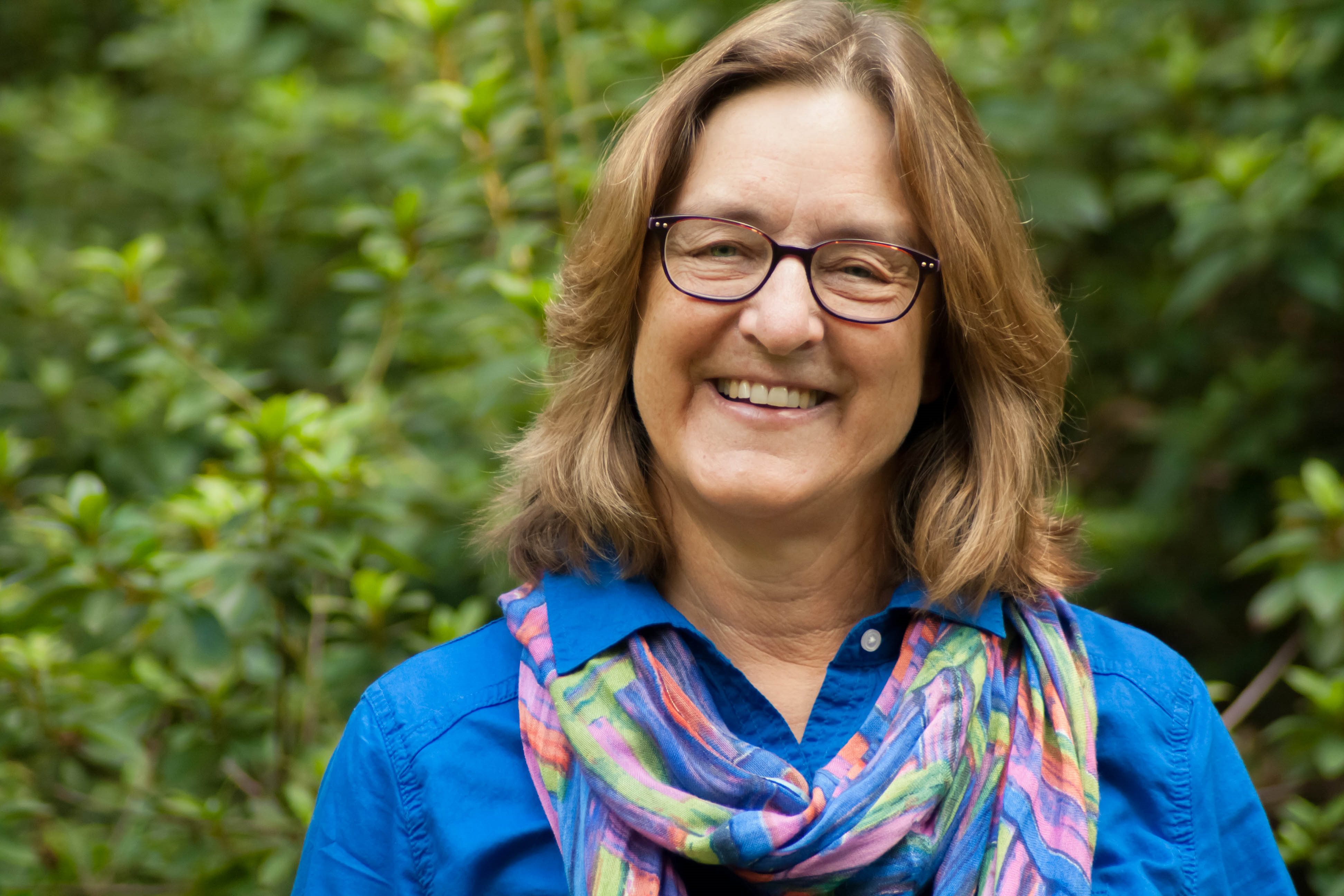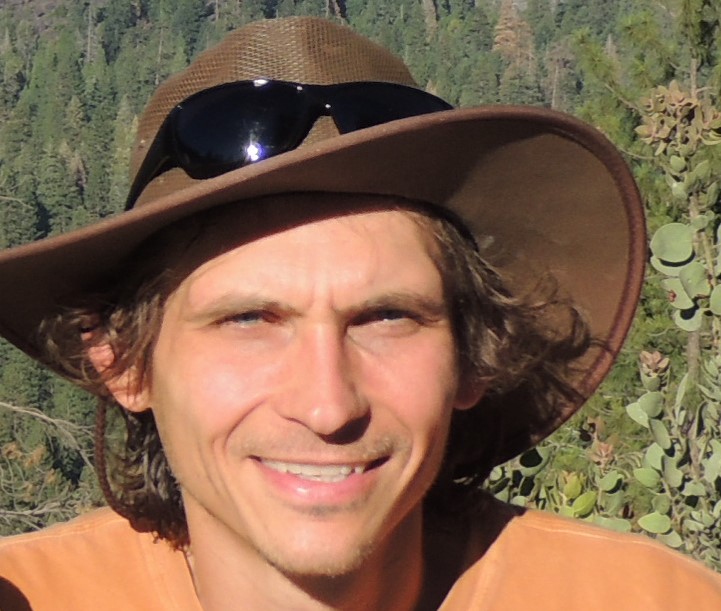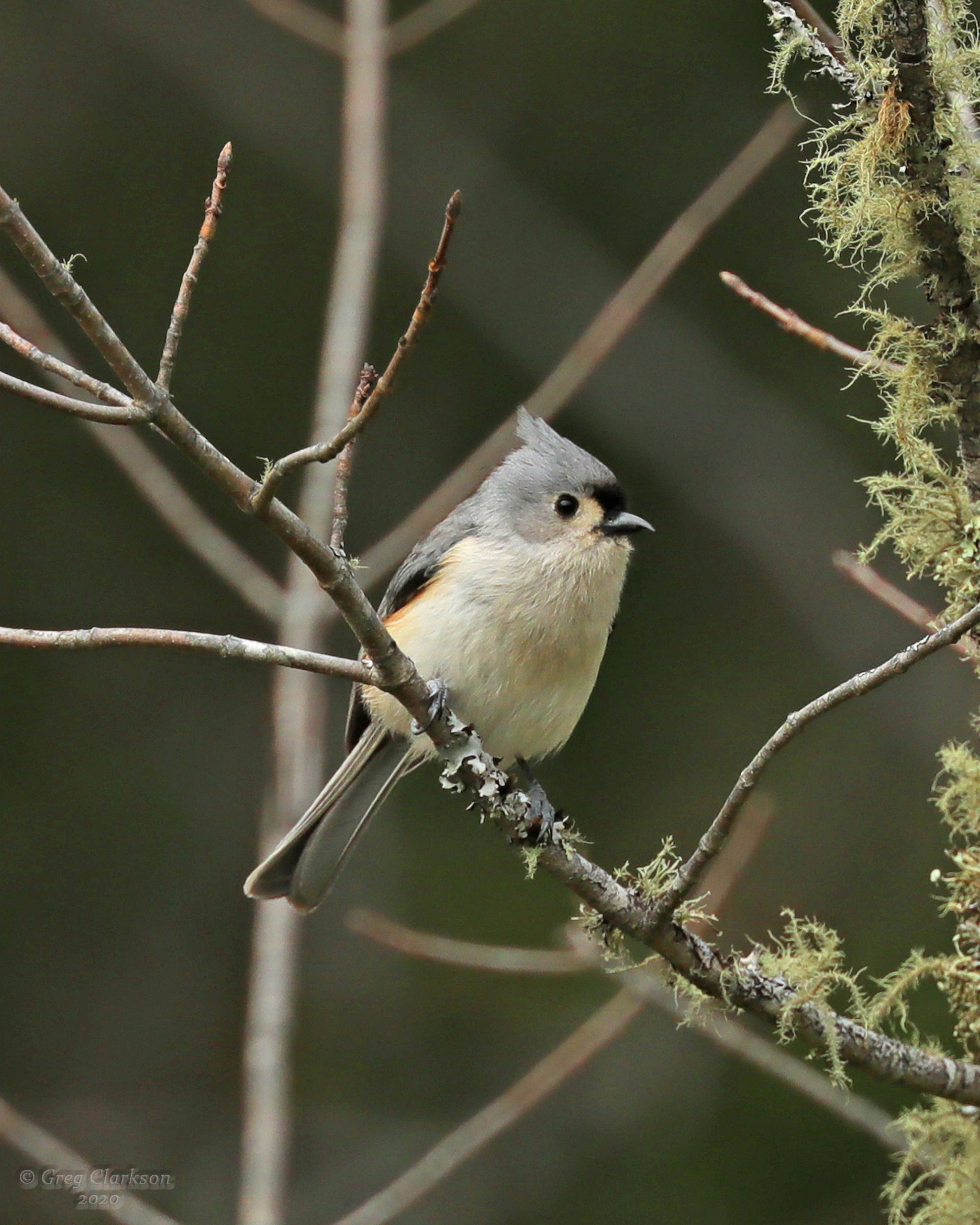
2020 Zahner Conservation Lectures:
Due to the COVID-19 pandemic, the Foundation had to adapt to new circumstances during the summer of 2020 and hosted three abbreviated virtual Zahner lecture webinars via Zoom. These lectures were free for all and a wonderful opportunity to get to know more about your local environment. The webinars are now available to watch any time. See video links below.

On August 13th: “I Have Been Assigned the Single Bird: A Daughter’s Memoir” with naturalist, activist, and Florida writer Susan Cerulean.
In this webinar, Cerulean will share readings and insights from her just-released memoir from University of Georgia Press. In Single Bird, Cerulean trains a naturalist’s eye and a daughter’s heart on the issues of caregiving and service, both of beloved humans and the natural world. She explores an activist’s lifelong search to steward and advocate for wild shorebirds, particularly in the face of the climate crisis, as she also cares for her father at the end of his life.

August 20th: “The New Pollution: Microplastics in the Little Tennessee River and its Tributaries” with Jason Love, Associate Director, Highlands Biological Station.
Since the 1950s, plastics have become an increasingly important and pervasive part of our everyday lives. However, the attributes that make plastics useful – they are durable, long-lasting, and cheap to produce – are the same factors that cause them to be persistent, major sources of pollution. This presentation will delve into some of the current research on plastic pollution. Emphasis will be placed on microplastics, those plastics that are <0.5 cm in length and include fibers from our synthetic clothes, fragments of plastic grocery bags, and microbeads from hand soap. The presentation will also include results from recent research from Macon and Jackson Counties in the Little Tennessee and Tuckasegee Rivers.

On August 27th: "Monitoring Bird Populations at Highlands Biological Station: A Long Term Survey" with Mark Hopey, Southern Appalachian Raptor Research (SARR).
In this webinar, Hopey will discuss the Highlands Biological Station’s newest research endeavor as it recently became home to a new bird banding station for the Monitoring Avian Productivity and Survivorship (MAPS) program – an initiative that began just over 30 years ago to assess trends in avian demographics in a wide range of habitats in North America.
Photo of Tufted Titmouse courtesy of Greg Clarkson.
